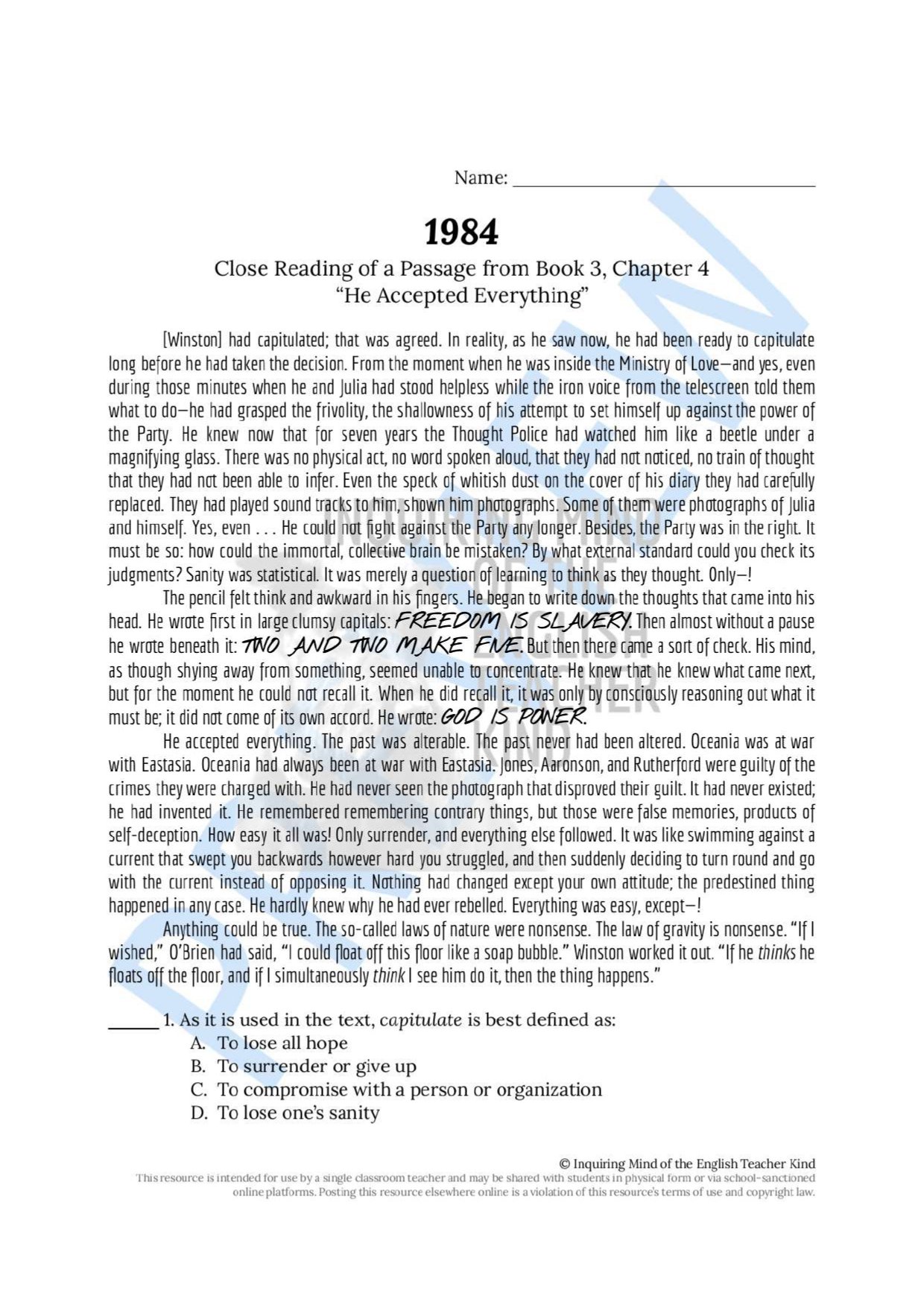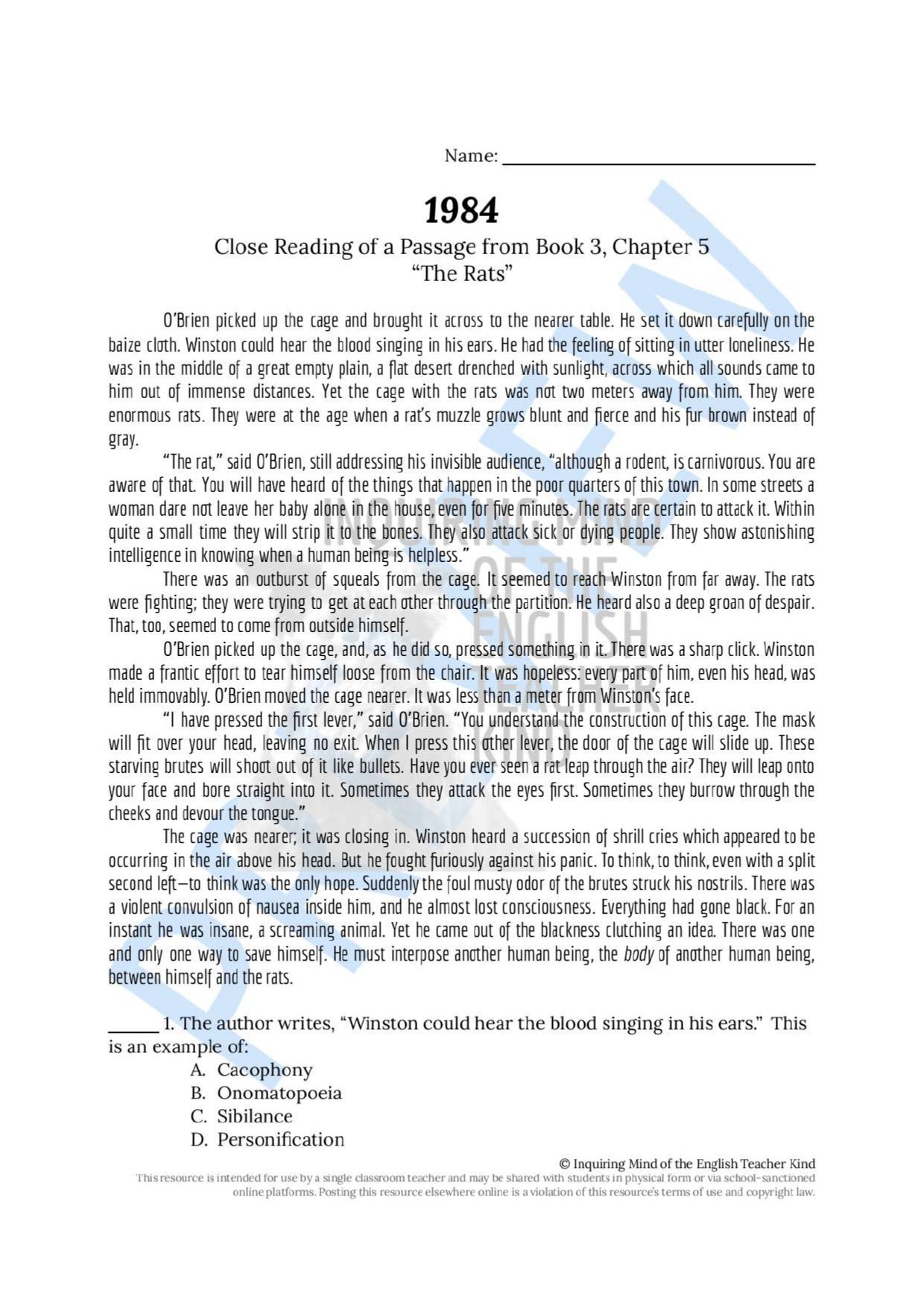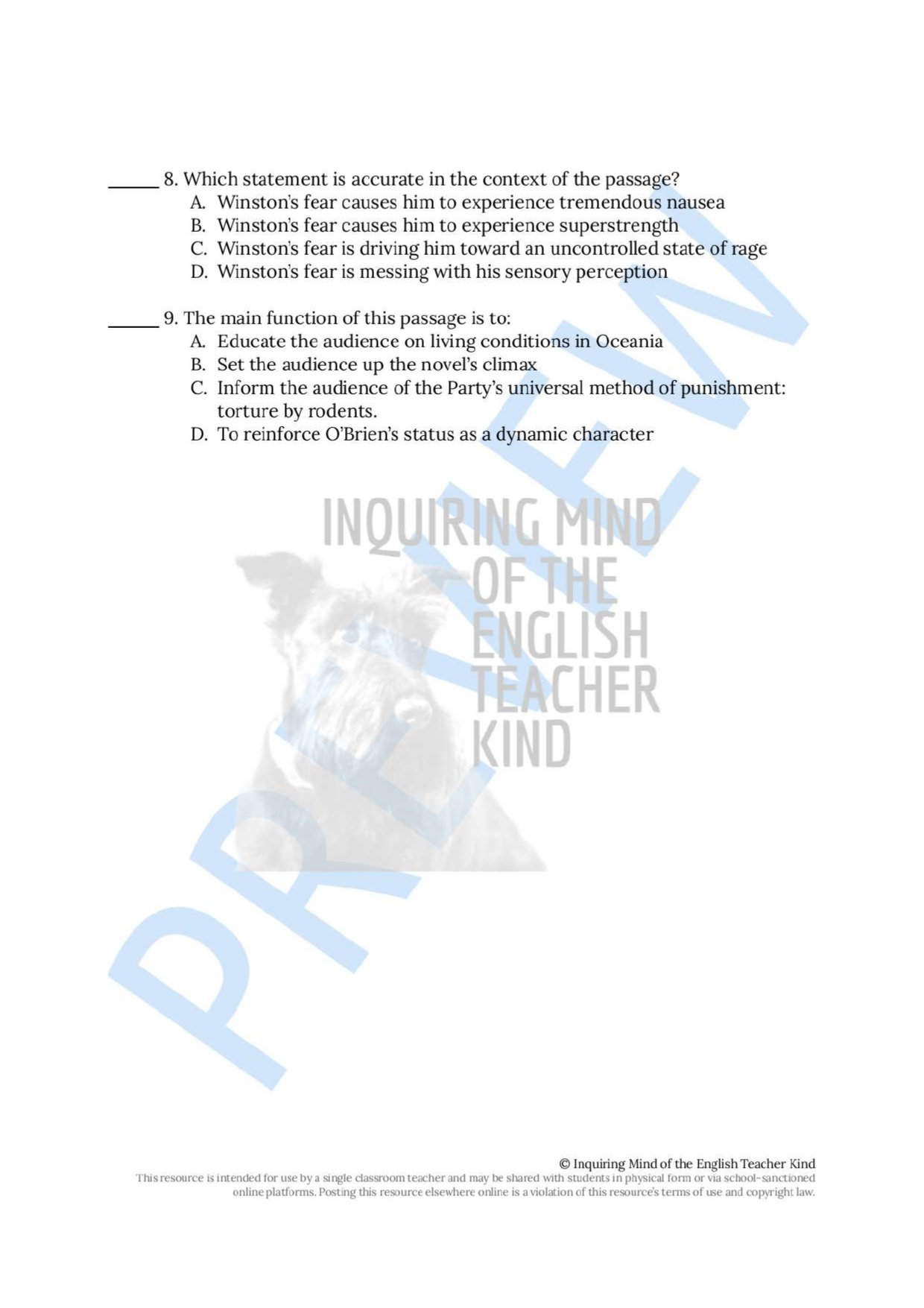 Image 1 of 150
Image 1 of 150

 Image 2 of 150
Image 2 of 150

 Image 3 of 150
Image 3 of 150

 Image 4 of 150
Image 4 of 150

 Image 5 of 150
Image 5 of 150

 Image 6 of 150
Image 6 of 150

 Image 7 of 150
Image 7 of 150

 Image 8 of 150
Image 8 of 150

 Image 9 of 150
Image 9 of 150

 Image 10 of 150
Image 10 of 150

 Image 11 of 150
Image 11 of 150

 Image 12 of 150
Image 12 of 150

 Image 13 of 150
Image 13 of 150

 Image 14 of 150
Image 14 of 150

 Image 15 of 150
Image 15 of 150

 Image 16 of 150
Image 16 of 150

 Image 17 of 150
Image 17 of 150

 Image 18 of 150
Image 18 of 150

 Image 19 of 150
Image 19 of 150

 Image 20 of 150
Image 20 of 150

 Image 21 of 150
Image 21 of 150

 Image 22 of 150
Image 22 of 150

 Image 23 of 150
Image 23 of 150

 Image 24 of 150
Image 24 of 150

 Image 25 of 150
Image 25 of 150

 Image 26 of 150
Image 26 of 150

 Image 27 of 150
Image 27 of 150

 Image 28 of 150
Image 28 of 150

 Image 29 of 150
Image 29 of 150

 Image 30 of 150
Image 30 of 150

 Image 31 of 150
Image 31 of 150

 Image 32 of 150
Image 32 of 150

 Image 33 of 150
Image 33 of 150

 Image 34 of 150
Image 34 of 150

 Image 35 of 150
Image 35 of 150

 Image 36 of 150
Image 36 of 150

 Image 37 of 150
Image 37 of 150

 Image 38 of 150
Image 38 of 150

 Image 39 of 150
Image 39 of 150

 Image 40 of 150
Image 40 of 150

 Image 41 of 150
Image 41 of 150

 Image 42 of 150
Image 42 of 150

 Image 43 of 150
Image 43 of 150

 Image 44 of 150
Image 44 of 150

 Image 45 of 150
Image 45 of 150

 Image 46 of 150
Image 46 of 150

 Image 47 of 150
Image 47 of 150

 Image 48 of 150
Image 48 of 150

 Image 49 of 150
Image 49 of 150

 Image 50 of 150
Image 50 of 150

 Image 51 of 150
Image 51 of 150

 Image 52 of 150
Image 52 of 150

 Image 53 of 150
Image 53 of 150

 Image 54 of 150
Image 54 of 150

 Image 55 of 150
Image 55 of 150

 Image 56 of 150
Image 56 of 150

 Image 57 of 150
Image 57 of 150

 Image 58 of 150
Image 58 of 150

 Image 59 of 150
Image 59 of 150

 Image 60 of 150
Image 60 of 150

 Image 61 of 150
Image 61 of 150

 Image 62 of 150
Image 62 of 150

 Image 63 of 150
Image 63 of 150

 Image 64 of 150
Image 64 of 150

 Image 65 of 150
Image 65 of 150

 Image 66 of 150
Image 66 of 150

 Image 67 of 150
Image 67 of 150

 Image 68 of 150
Image 68 of 150

 Image 69 of 150
Image 69 of 150

 Image 70 of 150
Image 70 of 150

 Image 71 of 150
Image 71 of 150

 Image 72 of 150
Image 72 of 150

 Image 73 of 150
Image 73 of 150

 Image 74 of 150
Image 74 of 150

 Image 75 of 150
Image 75 of 150

 Image 76 of 150
Image 76 of 150

 Image 77 of 150
Image 77 of 150

 Image 78 of 150
Image 78 of 150

 Image 79 of 150
Image 79 of 150

 Image 80 of 150
Image 80 of 150

 Image 81 of 150
Image 81 of 150

 Image 82 of 150
Image 82 of 150

 Image 83 of 150
Image 83 of 150

 Image 84 of 150
Image 84 of 150

 Image 85 of 150
Image 85 of 150

 Image 86 of 150
Image 86 of 150

 Image 87 of 150
Image 87 of 150

 Image 88 of 150
Image 88 of 150

 Image 89 of 150
Image 89 of 150

 Image 90 of 150
Image 90 of 150

 Image 91 of 150
Image 91 of 150

 Image 92 of 150
Image 92 of 150

 Image 93 of 150
Image 93 of 150

 Image 94 of 150
Image 94 of 150

 Image 95 of 150
Image 95 of 150

 Image 96 of 150
Image 96 of 150

 Image 97 of 150
Image 97 of 150

 Image 98 of 150
Image 98 of 150

 Image 99 of 150
Image 99 of 150

 Image 100 of 150
Image 100 of 150

 Image 101 of 150
Image 101 of 150

 Image 102 of 150
Image 102 of 150

 Image 103 of 150
Image 103 of 150

 Image 104 of 150
Image 104 of 150

 Image 105 of 150
Image 105 of 150

 Image 106 of 150
Image 106 of 150

 Image 107 of 150
Image 107 of 150

 Image 108 of 150
Image 108 of 150

 Image 109 of 150
Image 109 of 150

 Image 110 of 150
Image 110 of 150

 Image 111 of 150
Image 111 of 150

 Image 112 of 150
Image 112 of 150

 Image 113 of 150
Image 113 of 150

 Image 114 of 150
Image 114 of 150

 Image 115 of 150
Image 115 of 150

 Image 116 of 150
Image 116 of 150

 Image 117 of 150
Image 117 of 150

 Image 118 of 150
Image 118 of 150

 Image 119 of 150
Image 119 of 150

 Image 120 of 150
Image 120 of 150

 Image 121 of 150
Image 121 of 150

 Image 122 of 150
Image 122 of 150

 Image 123 of 150
Image 123 of 150

 Image 124 of 150
Image 124 of 150

 Image 125 of 150
Image 125 of 150

 Image 126 of 150
Image 126 of 150

 Image 127 of 150
Image 127 of 150

 Image 128 of 150
Image 128 of 150

 Image 129 of 150
Image 129 of 150

 Image 130 of 150
Image 130 of 150

 Image 131 of 150
Image 131 of 150

 Image 132 of 150
Image 132 of 150

 Image 133 of 150
Image 133 of 150

 Image 134 of 150
Image 134 of 150

 Image 135 of 150
Image 135 of 150

 Image 136 of 150
Image 136 of 150

 Image 137 of 150
Image 137 of 150

 Image 138 of 150
Image 138 of 150

 Image 139 of 150
Image 139 of 150

 Image 140 of 150
Image 140 of 150

 Image 141 of 150
Image 141 of 150

 Image 142 of 150
Image 142 of 150

 Image 143 of 150
Image 143 of 150

 Image 144 of 150
Image 144 of 150

 Image 145 of 150
Image 145 of 150

 Image 146 of 150
Image 146 of 150

 Image 147 of 150
Image 147 of 150

 Image 148 of 150
Image 148 of 150

 Image 149 of 150
Image 149 of 150

 Image 150 of 150
Image 150 of 150























































































































































1984 Mega Bundle of Quizzes, Close Readings, Vocab Games, Keys, and a Test
Evaluate reading comprehension, promote vocabulary development, reinforce close reading practices, and eliminate assessment planning responsibilities with this comprehensive bundle for teaching George Orwell's dystopian novel 1984. Included are 10 multiple choice quizzes, 10 short answer alternative quizzes, 24 close reading analysis worksheets, 3 vocabulary application activities, 6 crossword puzzles, 6 word search games, an end-of-unit test, and answer keys. Materials are delivered as editable Word Documents and printable PDFs. (Alternatively, a Google Drive bundle option is available.) More detailed information follows.
Vocabulary Games and Activities: Frontload assigned readings with vocabulary games and activities to facilitate comprehension of the novel. Alternatively, stash these materials in an emergency sub folder to keep students meaningfully engaged in the book during unexpected teacher absences. By engaging with these materials, students will:
Determine the meaning of unfamiliar and complex words
Consult reference materials in order to learn and verify word meanings
Discern the most proper application of words as they are used in sentences
Plot-Based Quizzes: Evaluate general reading comprehension and hold students accountable for completing assigned readings. Alternatively, the quizzes may serve as guided reading handouts to facilitate purposeful engagement with literature. By engaging with these materials, students will:
Demonstrate generalized knowledge of characters
Demonstrate generalized knowledge of settings
Demonstrate generalized knowledge of conflicts
Close Reading Analysis Worksheets: Help high school students go beyond general reading comprehension and support the development of critical thinking skills with this bundle of close reading analysis activities covering significant passages from George Orwell's dystopian novel 1984. Every chapter is represented for a total of 24 close reading worksheets.
Identify what the text states explicitly and implicitly
Define words and phrases as they are used in the text
Verify interpretations of language using reference materials
Choose the most proper application of words as they are used in sentences
Discern the intended effects of the author's diction and narrative techniques
Describe tone in context
Determine the functions of given passages
Explore how complex characters think, behave, interact, and develop
Compare aspects of the Party's inner-workings to aspects of the Brotherhood's inner-workings
Apply knowledge of literary devices including metaphor, simile, euphemism, symbolism, situational irony, and more
Consider themes in context
Conduct brief research on relevant topics, such as Nazi Germany's treatment of the Jews, and articulate historical parallels in the text
Support claims and inferences with sound reasoning and relevant evidence
Write about literature with clarity, accuracy, and precision
Come to class better prepared to discuss works of fiction
Summative Test: By completing this assessment, students will demonstrate an ability to:
Correctly identify characters based on given details and descriptions
Apply knowledge of literary devices including metaphor, simile, personification, oxymoron, allusion, situational irony, and more
Analyze passages and make logical inferences in the context of those passages
Write two brief essays in which students defend claims with relevant textual evidence and adhere to the standard conventions of written English
Resources are available for a variety of other engaging novels:
Evaluate reading comprehension, promote vocabulary development, reinforce close reading practices, and eliminate assessment planning responsibilities with this comprehensive bundle for teaching George Orwell's dystopian novel 1984. Included are 10 multiple choice quizzes, 10 short answer alternative quizzes, 24 close reading analysis worksheets, 3 vocabulary application activities, 6 crossword puzzles, 6 word search games, an end-of-unit test, and answer keys. Materials are delivered as editable Word Documents and printable PDFs. (Alternatively, a Google Drive bundle option is available.) More detailed information follows.
Vocabulary Games and Activities: Frontload assigned readings with vocabulary games and activities to facilitate comprehension of the novel. Alternatively, stash these materials in an emergency sub folder to keep students meaningfully engaged in the book during unexpected teacher absences. By engaging with these materials, students will:
Determine the meaning of unfamiliar and complex words
Consult reference materials in order to learn and verify word meanings
Discern the most proper application of words as they are used in sentences
Plot-Based Quizzes: Evaluate general reading comprehension and hold students accountable for completing assigned readings. Alternatively, the quizzes may serve as guided reading handouts to facilitate purposeful engagement with literature. By engaging with these materials, students will:
Demonstrate generalized knowledge of characters
Demonstrate generalized knowledge of settings
Demonstrate generalized knowledge of conflicts
Close Reading Analysis Worksheets: Help high school students go beyond general reading comprehension and support the development of critical thinking skills with this bundle of close reading analysis activities covering significant passages from George Orwell's dystopian novel 1984. Every chapter is represented for a total of 24 close reading worksheets.
Identify what the text states explicitly and implicitly
Define words and phrases as they are used in the text
Verify interpretations of language using reference materials
Choose the most proper application of words as they are used in sentences
Discern the intended effects of the author's diction and narrative techniques
Describe tone in context
Determine the functions of given passages
Explore how complex characters think, behave, interact, and develop
Compare aspects of the Party's inner-workings to aspects of the Brotherhood's inner-workings
Apply knowledge of literary devices including metaphor, simile, euphemism, symbolism, situational irony, and more
Consider themes in context
Conduct brief research on relevant topics, such as Nazi Germany's treatment of the Jews, and articulate historical parallels in the text
Support claims and inferences with sound reasoning and relevant evidence
Write about literature with clarity, accuracy, and precision
Come to class better prepared to discuss works of fiction
Summative Test: By completing this assessment, students will demonstrate an ability to:
Correctly identify characters based on given details and descriptions
Apply knowledge of literary devices including metaphor, simile, personification, oxymoron, allusion, situational irony, and more
Analyze passages and make logical inferences in the context of those passages
Write two brief essays in which students defend claims with relevant textual evidence and adhere to the standard conventions of written English
Resources are available for a variety of other engaging novels:
Evaluate reading comprehension, promote vocabulary development, reinforce close reading practices, and eliminate assessment planning responsibilities with this comprehensive bundle for teaching George Orwell's dystopian novel 1984. Included are 10 multiple choice quizzes, 10 short answer alternative quizzes, 24 close reading analysis worksheets, 3 vocabulary application activities, 6 crossword puzzles, 6 word search games, an end-of-unit test, and answer keys. Materials are delivered as editable Word Documents and printable PDFs. (Alternatively, a Google Drive bundle option is available.) More detailed information follows.
Vocabulary Games and Activities: Frontload assigned readings with vocabulary games and activities to facilitate comprehension of the novel. Alternatively, stash these materials in an emergency sub folder to keep students meaningfully engaged in the book during unexpected teacher absences. By engaging with these materials, students will:
Determine the meaning of unfamiliar and complex words
Consult reference materials in order to learn and verify word meanings
Discern the most proper application of words as they are used in sentences
Plot-Based Quizzes: Evaluate general reading comprehension and hold students accountable for completing assigned readings. Alternatively, the quizzes may serve as guided reading handouts to facilitate purposeful engagement with literature. By engaging with these materials, students will:
Demonstrate generalized knowledge of characters
Demonstrate generalized knowledge of settings
Demonstrate generalized knowledge of conflicts
Close Reading Analysis Worksheets: Help high school students go beyond general reading comprehension and support the development of critical thinking skills with this bundle of close reading analysis activities covering significant passages from George Orwell's dystopian novel 1984. Every chapter is represented for a total of 24 close reading worksheets.
Identify what the text states explicitly and implicitly
Define words and phrases as they are used in the text
Verify interpretations of language using reference materials
Choose the most proper application of words as they are used in sentences
Discern the intended effects of the author's diction and narrative techniques
Describe tone in context
Determine the functions of given passages
Explore how complex characters think, behave, interact, and develop
Compare aspects of the Party's inner-workings to aspects of the Brotherhood's inner-workings
Apply knowledge of literary devices including metaphor, simile, euphemism, symbolism, situational irony, and more
Consider themes in context
Conduct brief research on relevant topics, such as Nazi Germany's treatment of the Jews, and articulate historical parallels in the text
Support claims and inferences with sound reasoning and relevant evidence
Write about literature with clarity, accuracy, and precision
Come to class better prepared to discuss works of fiction
Summative Test: By completing this assessment, students will demonstrate an ability to:
Correctly identify characters based on given details and descriptions
Apply knowledge of literary devices including metaphor, simile, personification, oxymoron, allusion, situational irony, and more
Analyze passages and make logical inferences in the context of those passages
Write two brief essays in which students defend claims with relevant textual evidence and adhere to the standard conventions of written English
Resources are available for a variety of other engaging novels:
